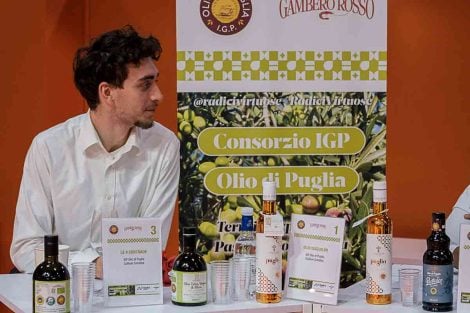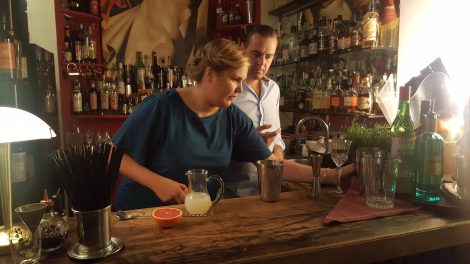It seemed like the European Commission had taken a more reasonable stance on the relationship between alcohol and health. However, the climate does not appear to have changed compared to the previous legislature. The long-awaited BECA, the EU’s anti-cancer plan, has reserved yet more negative surprises for wine and alcoholic beverages. The goal is well known by now: to reduce wine and alcohol consumption across the EU-27, deemed one of the main causes of cancer. But the measures to address the issue remain punitive. The Italian Wine Union (UIV) raises the alarm just days before the publication of the Beating Cancer Plan, which three years ago had already proposed restrictions on trade and health warnings on labels. The most extreme proposals were later rejected by the European Parliament.
The new text is "even worse"
According to UIV, this new text contains "some aspects that are even more detrimental than the previous version, which had already met political opposition." The Commission, in fact, states that it is working to introduce stricter measures on taxation, including for wine, along with limitations on cross-border sales, consumer information through the introduction of health warnings on alcoholic beverage labels, and stricter regulations on alcohol advertising.
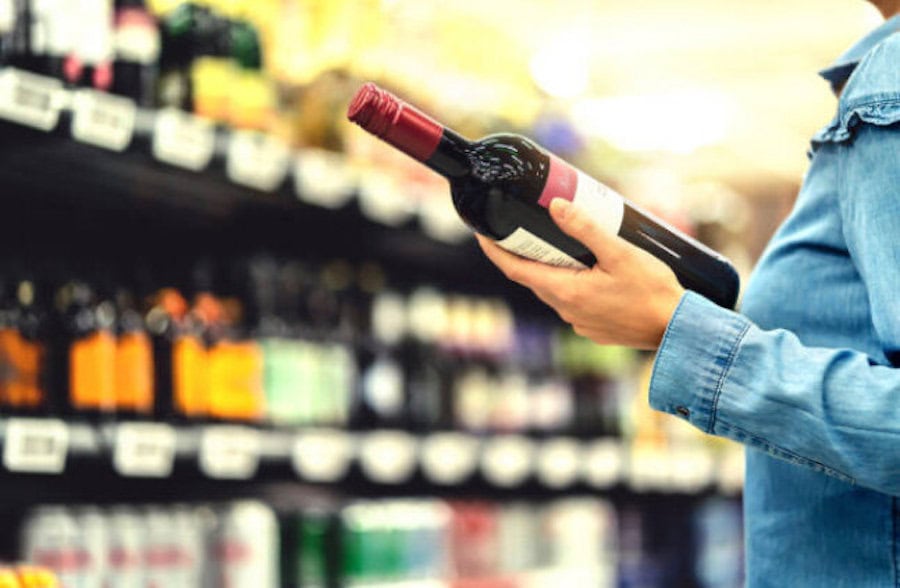
A new taxation system for wine
The Secretary-General of UIV, Paolo Castelletti, commented harshly: "The team may have changed, but unfortunately, the European Commission's approach remains the same. We had hoped the new Commission would focus on measures to strengthen business competitiveness, not on increasing taxation and creating further distortions in the single market." Currently, the directive on alcohol tax rates sets a minimum excise duty of €0 for wine and other fermented beverages. One of the proposals is to revise this principle. In the BECA review text, the Commission claims to have implemented over 90% of the plan's actions.
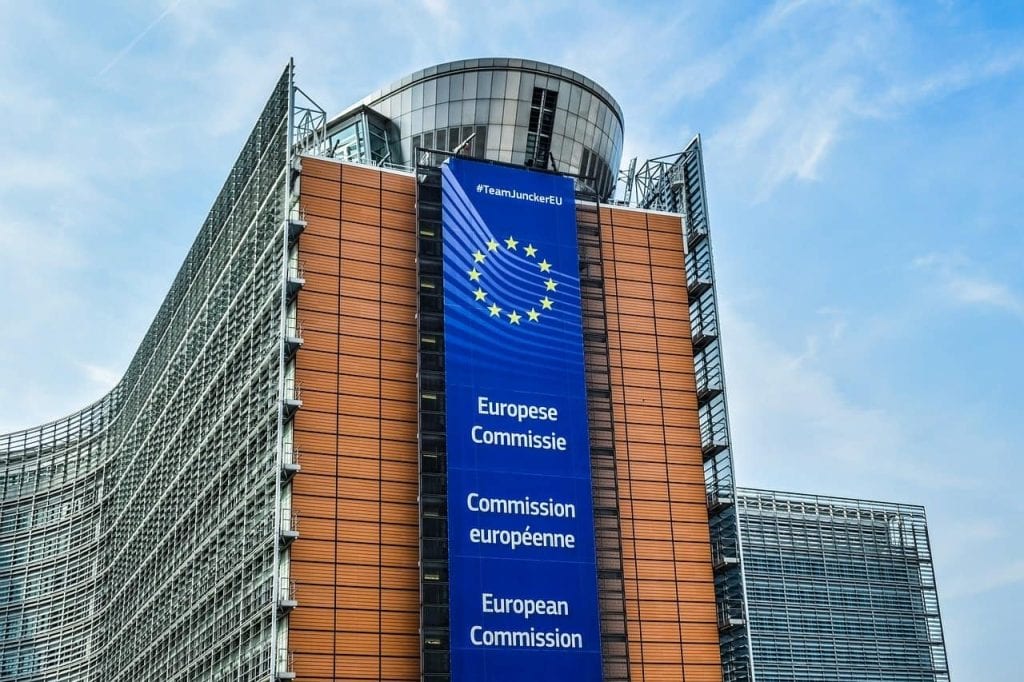
An appeal to Italian MEPs: "Block everything"
"The feeling is that in the EU, the right hand does not know what the left is doing," says UIV, recalling the case of health warnings, which have reappeared in the document despite the fact that Health Commissioner Varhelyi, during a hearing in the European Parliament, had stated that it was not a priority for the new Commission. The appeal from the wine industry trade union is directed at member states and, in particular, at Italian MEPs. According to UIV, the document—drafted without any public consultation with stakeholders—must be blocked at the EU Council and Parliament. "It would be a shocking start to the new legislature for a sector worth over €100 billion to the European continent and millions of jobs."


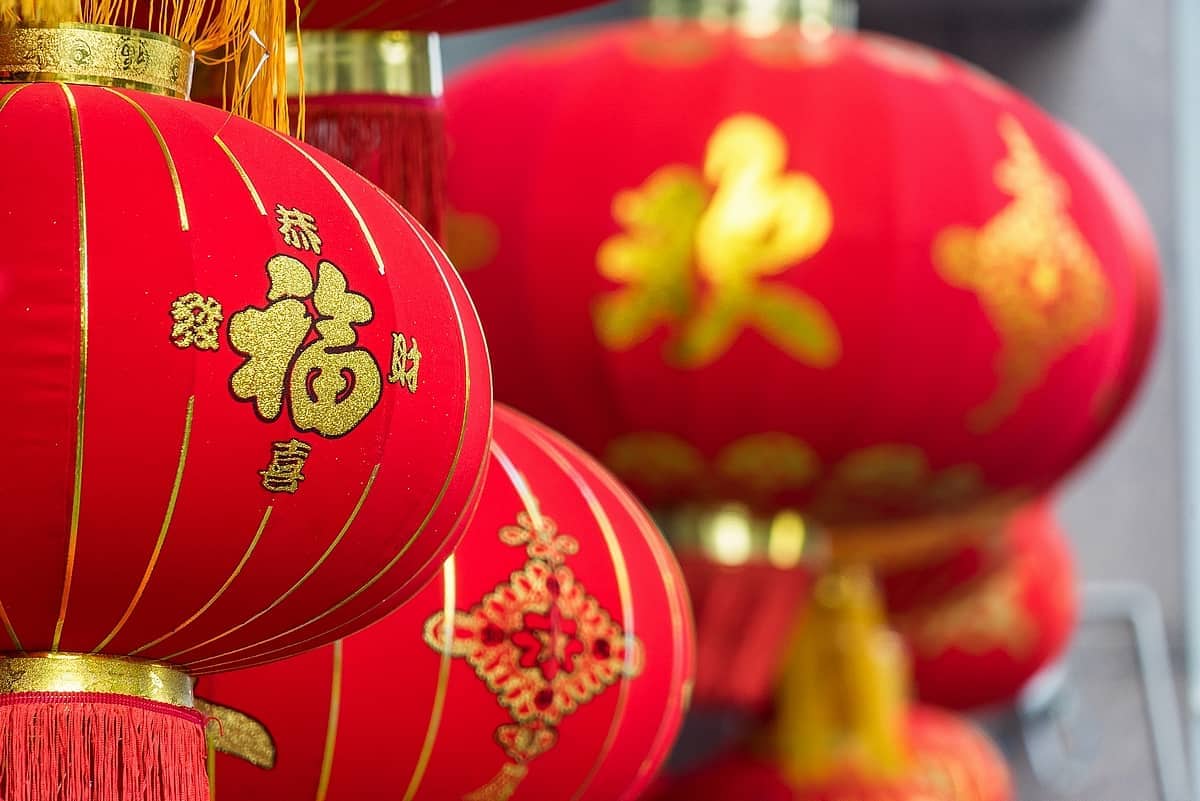 What changes for the export of Italian wines to China under the new regulations?
What changes for the export of Italian wines to China under the new regulations? “Forget dealcoholised wines. The future is Komb(w)ine.” Moser and Ravizza present a new grape must-based product
“Forget dealcoholised wines. The future is Komb(w)ine.” Moser and Ravizza present a new grape must-based product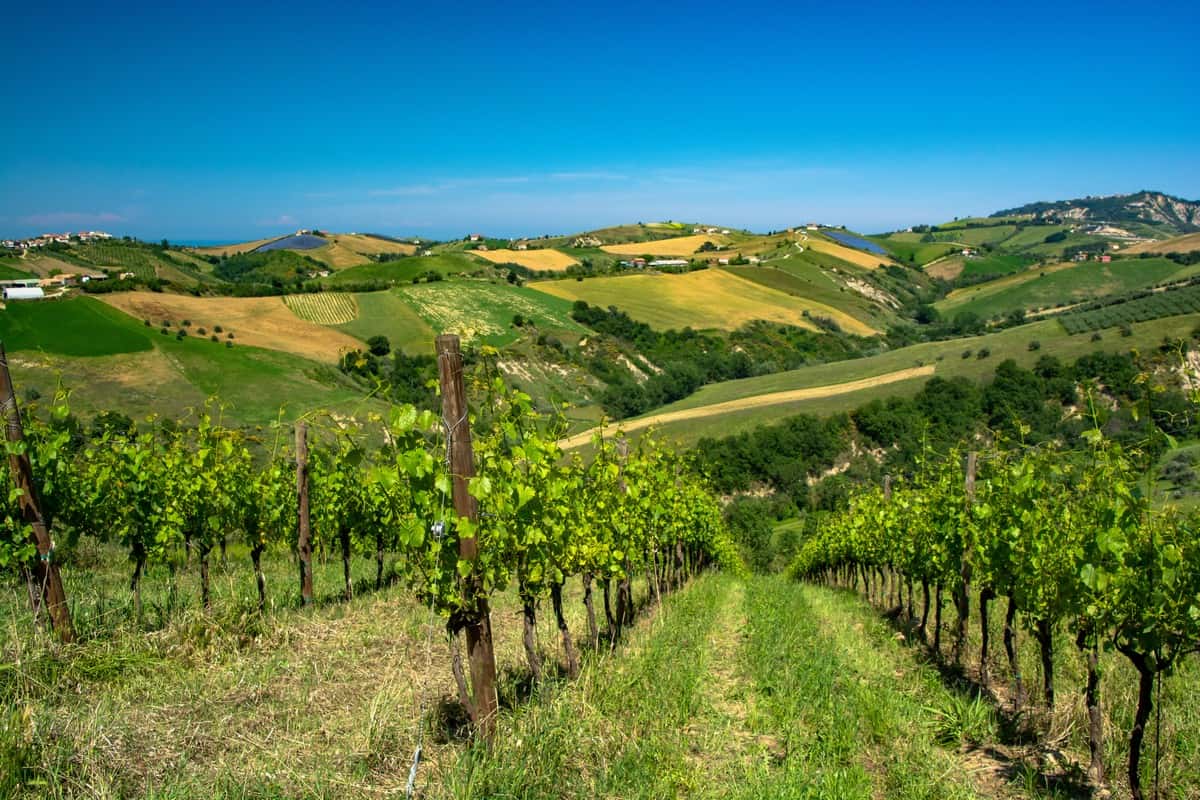 Global wine consumption at a historic low and vineyards in decline. The OIV report outlines a 2024 to forget
Global wine consumption at a historic low and vineyards in decline. The OIV report outlines a 2024 to forget Oenologist Riccardo Cotarella will also produce dealcoholised wine: "My first bottle will be out in October and it won’t be bad"
Oenologist Riccardo Cotarella will also produce dealcoholised wine: "My first bottle will be out in October and it won’t be bad"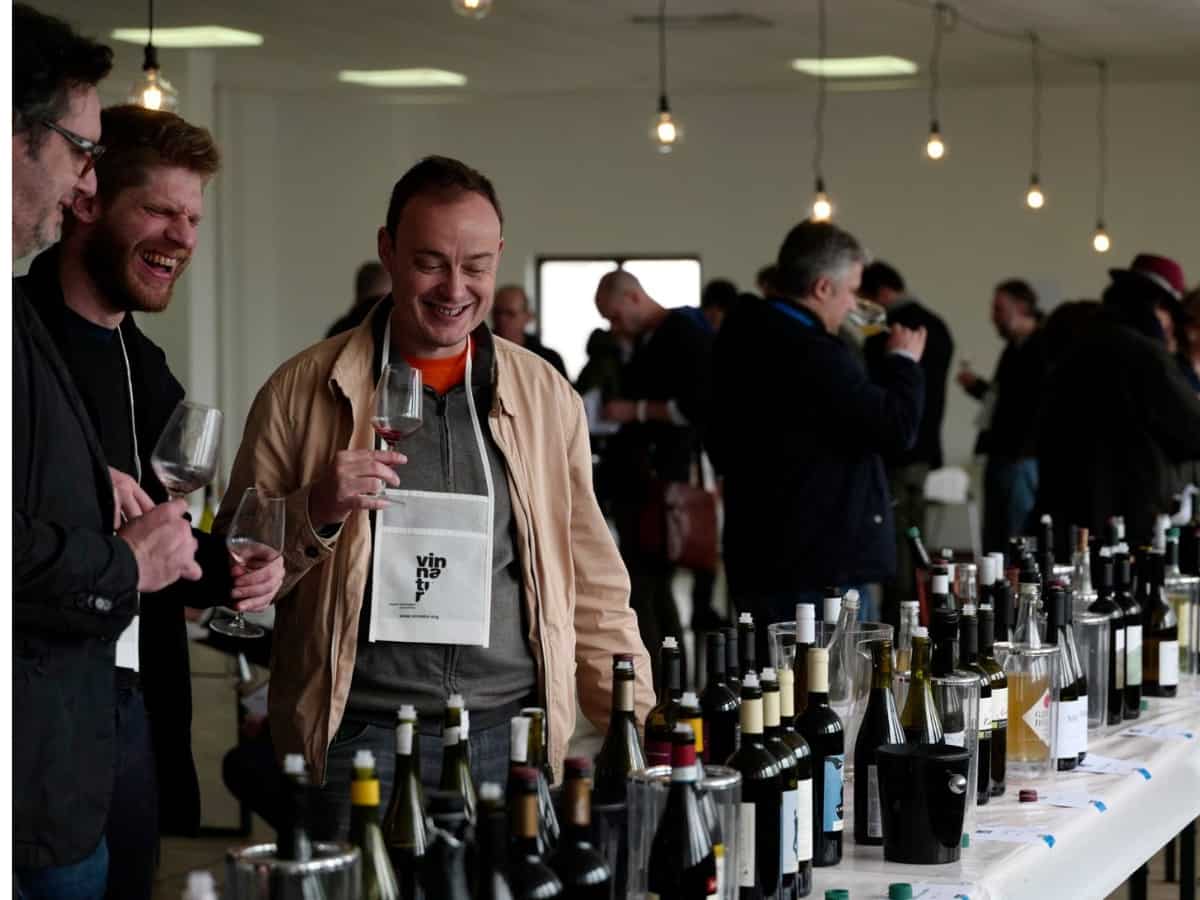 Dear natural wine world, enough with the constant polemics. If you don’t want to self-ghettoise, self-criticism is needed
Dear natural wine world, enough with the constant polemics. If you don’t want to self-ghettoise, self-criticism is needed


